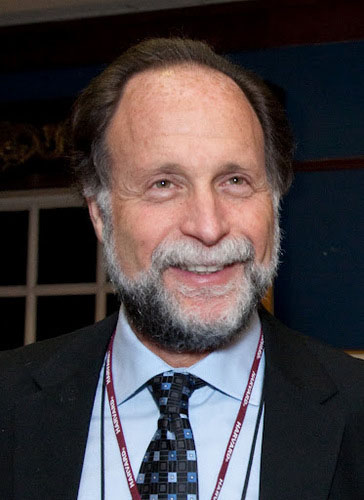WASHINGTON, (Reuters) – The Inter-American Development Bank yesterday voted to replace the representative of Venezuelan President Nicolas Maduro with an economist backed by opposition leader Juan Guaido, in a major setback for the Maduro government.
The decision makes the IADB, Latin America’s largest regional lender, the first financial institution to recognize Guaido and would eventually free up development lending to Venezuela if Maduro steps down.
Guaido, who has been recognized as the OPEC country’s legitimate leader by most Western countries, including the United States and many in Latin America, named Harvard University economist Ricardo Hausmann as his representative to the IADB, forcing a vote by the lender’s 48-member board of governors just two weeks before its annual meeting in China.
The United States, which is the IADB’s largest shareholder, has said that billions of dollars of financing from multilateral banks will be needed to rebuild Venezuela’s economy, which has been crippled by hyperinflation, food and medicine shortages, and a collapse of the country’s power grid.
The IADB said in a statement the appointment of Hausmann was effective immediately. A sufficient number of members had voted “to meet the requirements of quorum and favorable votes for a decision,” it said.
The Washington-headquartered lender is led by a former Colombian ambassador to the United States, Luis Moreno.
Hausmann is a former chief economist of the IADB and was previously minister of planning for Venezuela and a member of the country’s central bank board.
Meanwhile, the Inter-national Monetary Fund’s 24-member executive board agreed to delay a discussion on recognizing Guaido until next week, board sources with knowledge of discussions told Reuters.
A board meeting, which was scheduled for Thurs-day, was delayed at the request of several Euro-pean countries, which needed to consult with their governments, the sources said.
The IMF’s seal of approval for Guaido would further alienate Maduro from the global financial community and allow Venezuela to negotiate a financial lifeline if he steps down.
IMF approval would also allow the World Bank, the world’s largest development institution, to make a decision on Guaido.
Maduro, who took over as president in 2013 and was re-elected last year in a vote widely viewed as fraudulent, blames Venezuela’s crisis on a U.S.-backed sabotage campaign. His opponents say his socialist policies have caused the economic meltdown.
Maduro retains the support of China, Russia and some regional countries, including Cuba and Bolivia, whose leftist President Evo Morales criticized foreign meddling in Venezuela earlier on Friday.
The U.S. special envoy for Venezuela, Elliott Abrams, said the IADB’s decision would allow the opposition to prepare a plan for rebuilding Venezuela’s economy and infrastructure.
“The IDB has clearly a leading role in the recuperation of the Venezuelan economy, when we think of things like the electric sector, the energy sector, which are in bad shape,” Abrams told reporters at the State Department, saying that Hausmann would be in a position to help develop a plan for Venezuela’s economy as the country’s representative.
Abrams said oil production of Venezuela was declining slowly and is likely to fall below 1 million barrels per day within a “month or two,” down from roughly 1.2 million-1.4 million barrels per day in late 2018.










